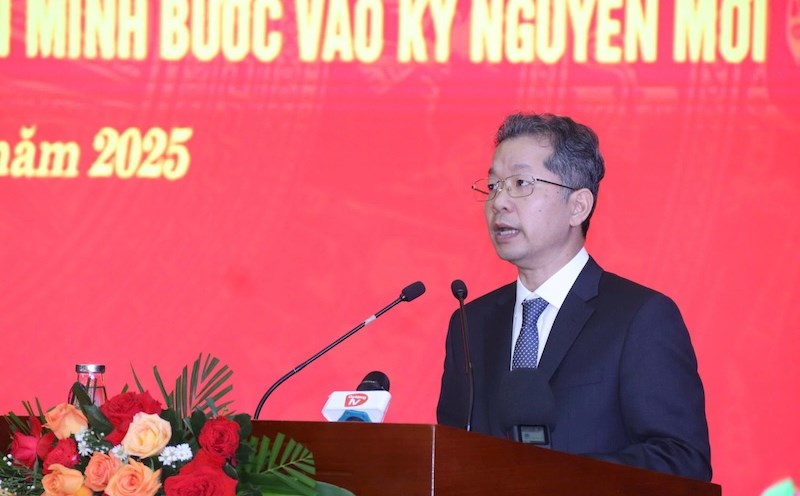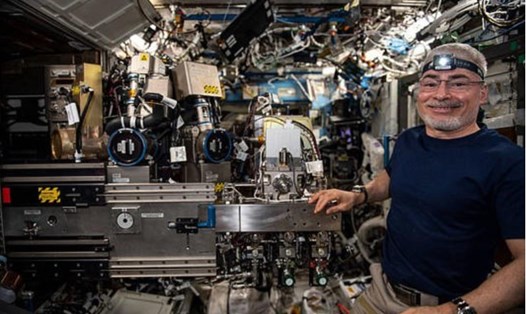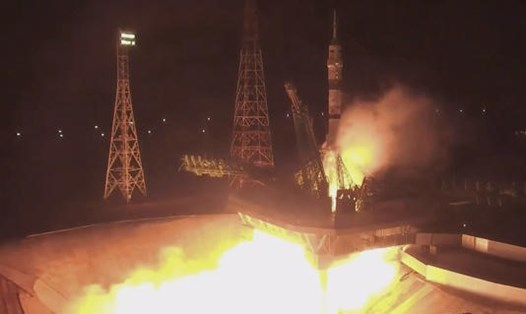The US Aerospace Administration ( NASA) has sent its thanks to the Russian Aerospace Administration (Roscosmos) for bringing American astronaut Mark Vande Hei from the International Space Station (ISS) back to Earth safely as scheduled.
Vande Hei returned to Earth with Russian space explorers on the ISS Pyotr Dubrov and Anton Shkaplerov on March 30, as scheduled. The trio landed at the Russian aerospace terminal in Baikonur, Kazakhstan, and Vande Hei returned home in Houston from there - RT reported.
Vande Hei officially became the longest-serving US space traveler since taking to the ISS with Dubrov in April 2021. The two have traveled 5,680 times around the world, traveling more than 241 million kilometers.
"Thank you to our Roscosmos partners. We have brought Mark Vande Hei home safely, said Ms. Kathy Luters, senior NASA officer in charge of the manned spacecraft program, at a press conference on March 31, saying that the Russian-US astronauts are the only group.
Even as the US tries to ban Russia from accessing aerospace and technology goods with round-trip sanctions, NASA seems unchanged in its plan to send US crew members to the ISS, and still hopes to keep the International Space Station.
Roscosmos Director Dmitry Rogozin has repeatedly mocked NASA's partner about the fate of the ISS under US sanctions, suggesting that Western space travelers trapped in outer space may simply need to fly home "on their brooms" because they cannot use Russian missiles, or warn that if they do not have access to repair units, the ISS could have a problem and make landfall in China or India.
However, Roscosmos seems serious about closing previous projects it has carried out with European and American astronauts. Roscosmos will no longer maintain the current US-owned RD-181 missile engines, nor will it transfer any more such engines to the country, and it is unclear whether there will be joint missions on the ISS with the US or Europe in the future.
The ISS currently has NASA astronauts Tom Marshburn, Raja Chari and Kayla Barron, along with European Space Agency astronaut Matthias Maurer and Russian astronauts Oleg Artemyev, Denis Matveev and Sergey Korsokov.







